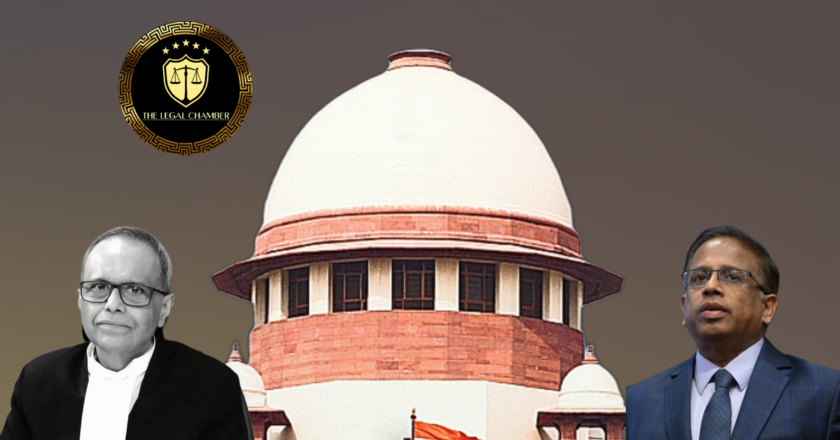Landmark Ruling: Supreme Court Says Two Companies Are One for EPF Compliance
The Supreme Court upheld the clubbing of two pharmaceutical companies under the Employees’ Provident Funds and Miscellaneous Provisions Act, 1952, emphasizing the principles of unity of ownership, management, functional integrality, and financial unity. The Court rejected the argument that separate juristic entities preclude clubbing, affirming that the EPF Act, as a beneficial legislation, must be interpreted to prevent evasion. The decision reiterated that multiple factors, including common premises, shared infrastructure, and unified management, cumulatively determine whether entities constitute a single establishment. The judgment reinforced the authorities' discretion to assess dues retrospectively once clubbing is established.
Facts Of The Case:
The case involved M/s Torino Laborat...
